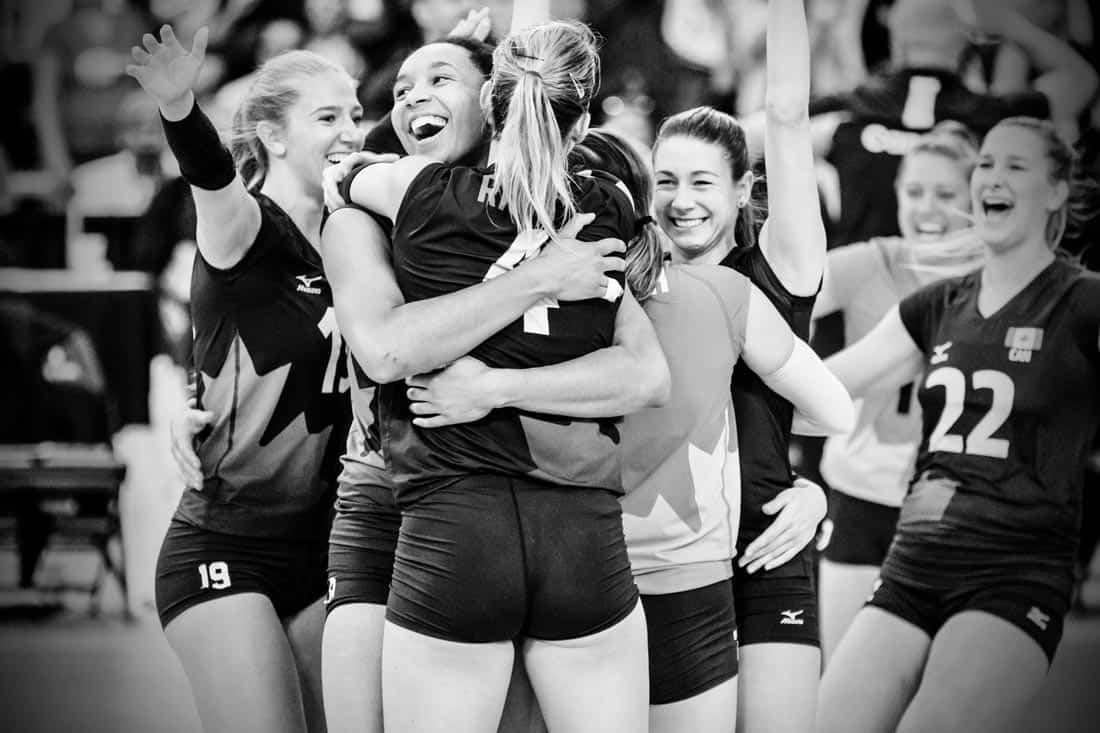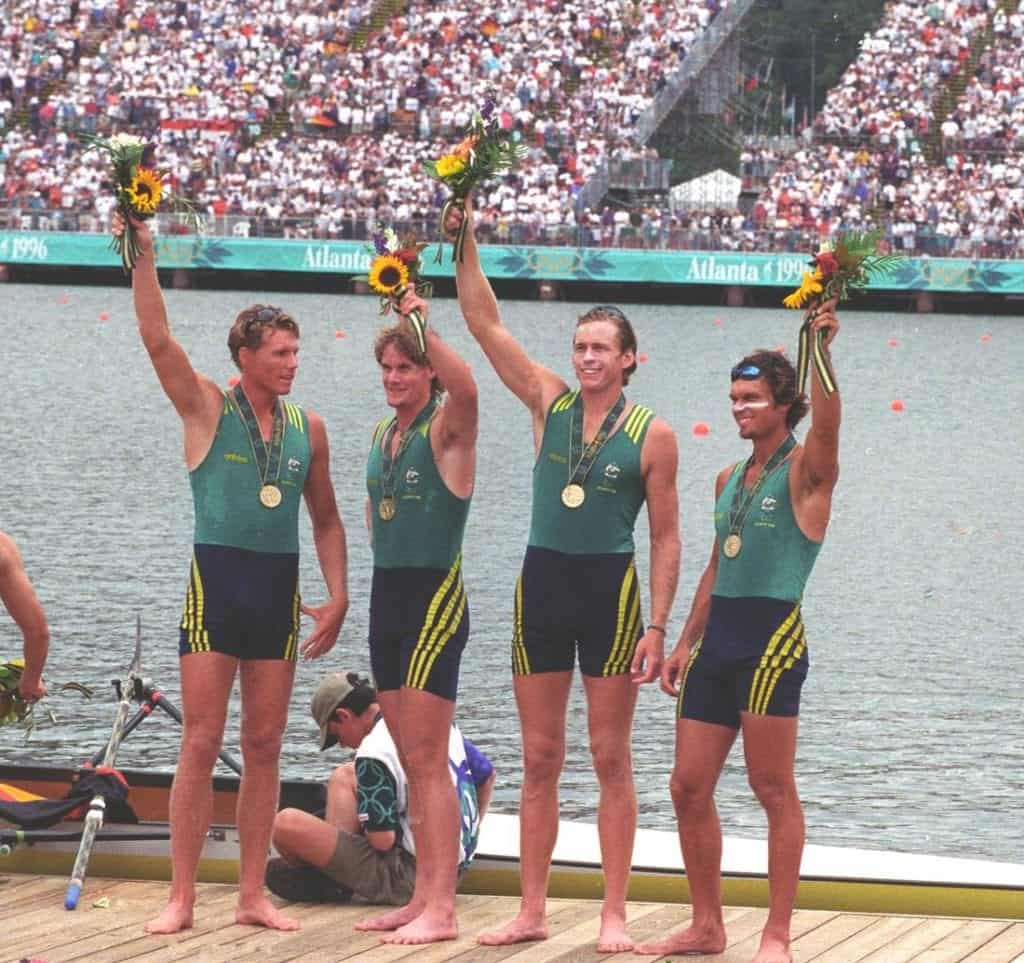By Kate Ross – Athlete Assessments
When we read Deborah Brake’s research paper on “Discrimination Inward and Upward: Lessons on Law and Social Inequality from The Troubling Case of Women Coaches“, we were inspired to provide you with some of the key findings. The paper begins by recapping some of the numerous and well known advantages Title IX has brought to women coaches and sport in America.
- From 1971 to today, girls playing high school varsity sports has gone from 1 in every 27 girls to 50% participation.
- Intercollegiate female athletes have risen from 16,000 in 1970 to about 200,000 in 2012 (more than 12-fold increase).
- Female athletes comprise now over 40% of all high school and college athletes.

Women Coaches and Title IX
As the research paper describes: “submerged in this success story is a dissonant subplot. Women coaches have not fared so well in the post-Title IX era“. Here are some quick statistics which demonstrate the reality of women’s coaching post-Title IX.
- Before Title IX, over 90% of coaches in women’s intercollegiate athletics were women.
- Only 42.9% of intercollegiate coaches are now women.
- For male and female intercollegiate head coaching jobs, women hold only 1 in 5 positions.
- Since 1999, male coaches have been hired in nearly 75% of the jobs in women’s intercollegiate sports.
- Women coaching men has not increased post Title-IX, hovering between 2 – 3.5%.
With regards to the last statistic, the research adds that even “this low figure is somewhat misleading, since almost all of these jobs are in individual sports where men and women practice under the same coach, such as tennis, track, and swimming“.
The research is clear on the devastating affect these statistics have on the reality of female coaches:
“This shuts women out of the highest paying coaching jobs, since coaching salaries in men’s athletics average about twice what coaches make in women’s sports. The virtual exclusion of women coaches from men’s sports likely has a negative effect on women’s access to jobs coaching women too, as men have more opportunities to gain coaching experience in both men’s and women’s sports, and therefore more opportunities to progress up the ranks from an assistant to a head coach..”
Female Athletes prefer Male Coaches …. Or do they?
There has been a common perception that female athletes themselves prefer to be coached by males, and there is some research to support this. “In a recent NCAA survey, 52% of the female student athletes surveyed expressed a preference for having a man as their coach.” However, surveys like these do not take into account the affect exposure to female coaches have on female athlete perceptions. “Female athletes, who have been coached by a woman, do not express the same preference for a male coach as compared to female athletes overall.”
“…there are significant benefits to women athletes who have a woman as a coach, including an increased likelihood that female athletes will go into coaching themselves. The low levels of women in prestigious coaching positions have negative spillover effects on women as athletes, which deprives them of strong female role models in sport, devalues women’s athletic abilities, and fuels gender stereotypes that limit women’s athletic opportunities. As sport sociologist Leanne Norman explains, “Associating coaching with masculinity is a hugely barrier to accepting women in sport, both as leaders and athletes.”
Women Coaches’ Experience and Skills
The research notes that there appears to be a systemic undervaluing of women coaches’ skills.
- Unlike many fields, most coaching jobs lack objective qualifications or professional certification. Sought after skills and qualifications, such as leadership ability, are subjective and informal.
- One study found that female basketball coaches with greater athletic experience were passed over for male coaches with no collegiate playing experience; the women also had more coaching experience and greater educational achievement.
- The subjectivity of coaching qualifications and the discretionary nature of the hiring decision open the door to gender bias and make personal connections unduly important.
Self-perception of Women Coaches
Sport literature has documented a gender difference in coaches’ self-perceptions and their willingness to apply for coaching jobs.
- Elite-level female coaches with extensive experience are reluctant to apply for coaching jobs unless they possess all of the posted requirements for accreditation and experience.
- Male coaches are much more likely to apply even without possessing such posted requirements as they believe they can make up for a lack of objective credentials with extra ability and charisma.
- Female assistant coaches with the same level of experience are less likely to express an intention to become a head coach compared to male assistant coaches.
Women Coaches into the Future
The research also focuses on the career and coaching level of female and male coaches, noting that “while male athletes express higher levels of intention to become intercollegiate athletics coaches, female athletes express greater interest than men in coaching at the youth and recreational level”.
- In general, women’s representation in coaching declines as the ages of athletes rise and/or the level of competition increases.
- The proportion of women coaches is highest for athletes in the younger years, in non-scholastic, youth sports, and—at all levels—in sports that are characterized as traditionally feminine.
- When women do coach, they are significantly more likely than male coaches to coach part time instead of full time.
- Women’s coaching opportunities increase farther down the athletics food chain, and especially in non-elite sports.
Hiring Women Coaches
“One important factor affecting women’s opportunities in coaching is the gender structure of sport leadership. The leadership in athletics is overwhelmingly male.” The research demonstrates the negative affect of this leadership, as “male athletic directors are more likely to hire male coaches, not necessarily out of any conscious intention, but likely due to the informal networks that play a significant role in hiring decisions.”
The research also includes these statistics on the impact athletic structures have on female coaching opportunities:
- In Division I, only 8% of the athletic directors are women.
- In Division III, male athletic directors hire 4.2% fewer women than men as coaches.
- In Division I, male athletic directors hire 9% fewer women than men as coaches.
- Women athletic directors are more likely than male athletic directors to hire women coaches.
- Women are also more likely to be hired if there is at least one highly placed woman in the athletics administration.
As the research states, “these figures show that the more male dominated the athletics leadership is, the less likely it is that women will be hired as coaches.”
Where to from here
As we covered in our article about the NCAA Women Coaches Academy, co-founder Judy Sweet has some very useful advice for women coaches. Judy encourages coaches to be life-long learners throughout their career, to find role models and then watch, listen and learn. She advises to prepare, take calculated risks in advancing your career, and only accept jobs that you feel you will be supported in and can grow. She says, “And as you grow and succeed, mentor other women coaches so they have opportunities to also grow and succeed. You are making an incredible difference in the lives of your athletes and in the world of sports. We need you!”
At Athlete Assessments, we’re here to provide you with excellence in service and to help you be your best. If there is anything we can assist you with, please Contact Us.
The information in this article was taken from:
Brake, Deborah L. (2013) “Discrimination Inward and Upward: Lessons on Law and Social Inequality from the Troubling Case of Women Coaches,” Indiana Journal of Law and Social Equality: Vol. 2: Iss. 1, Article 1.




